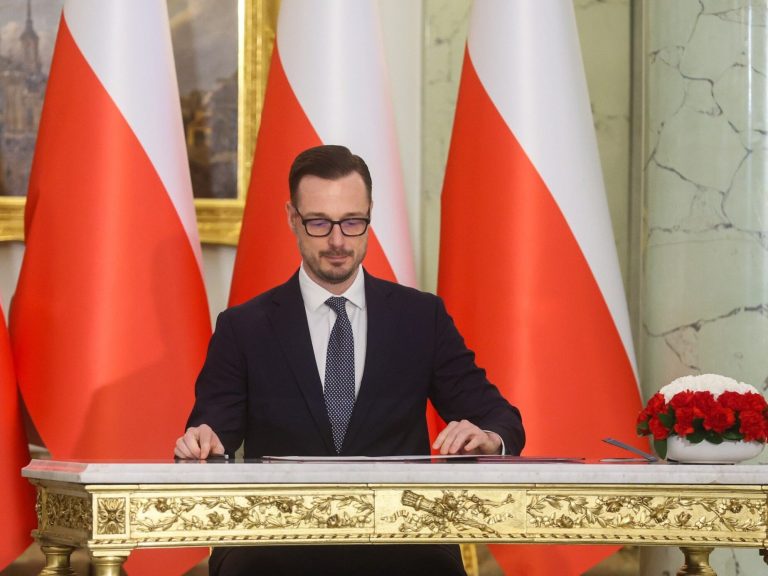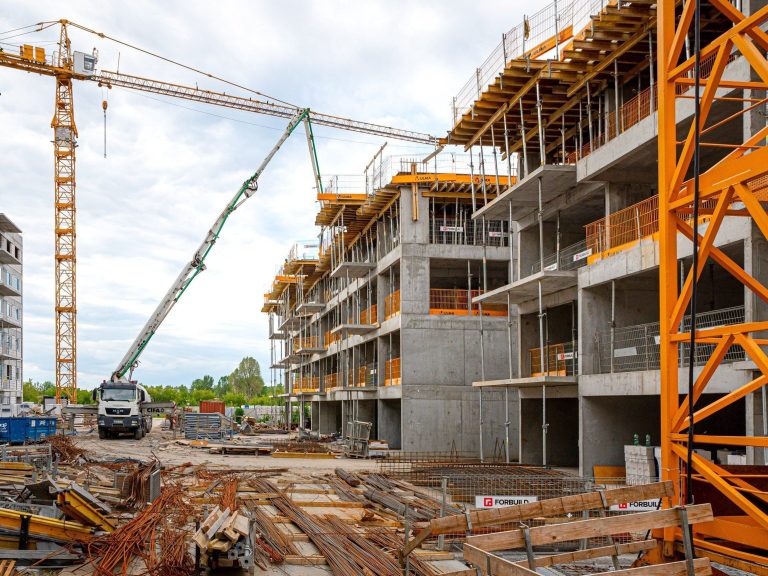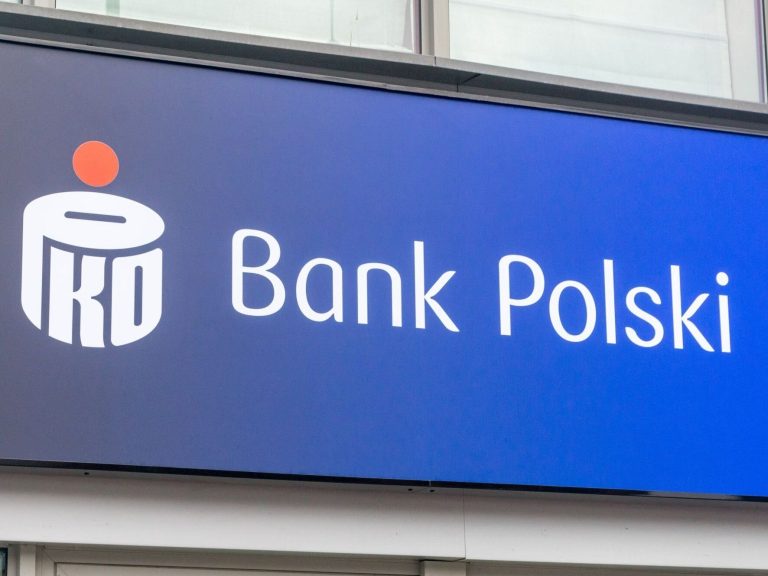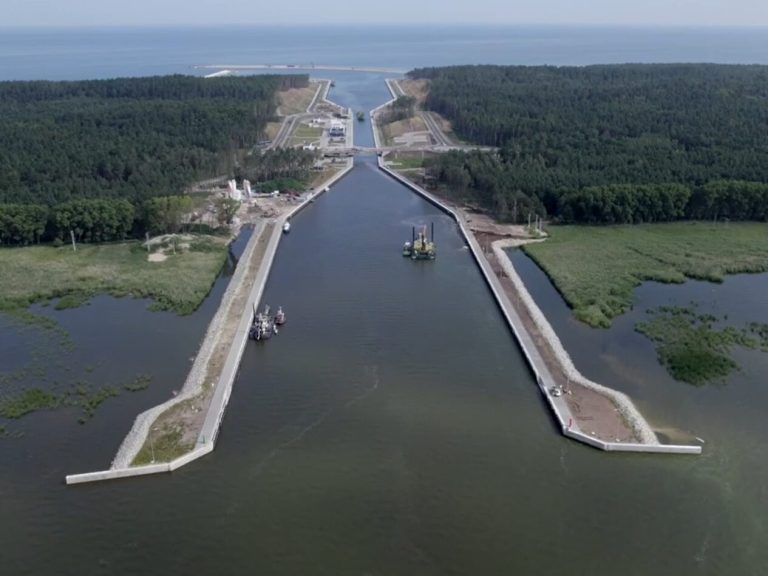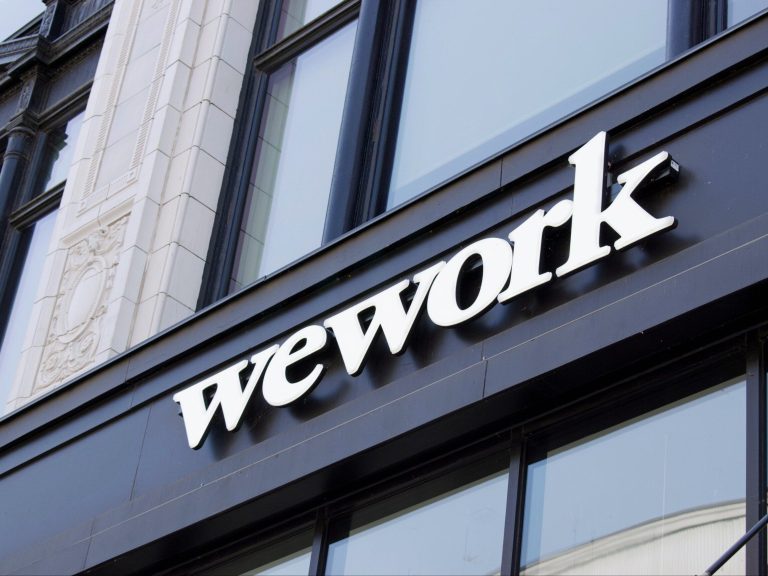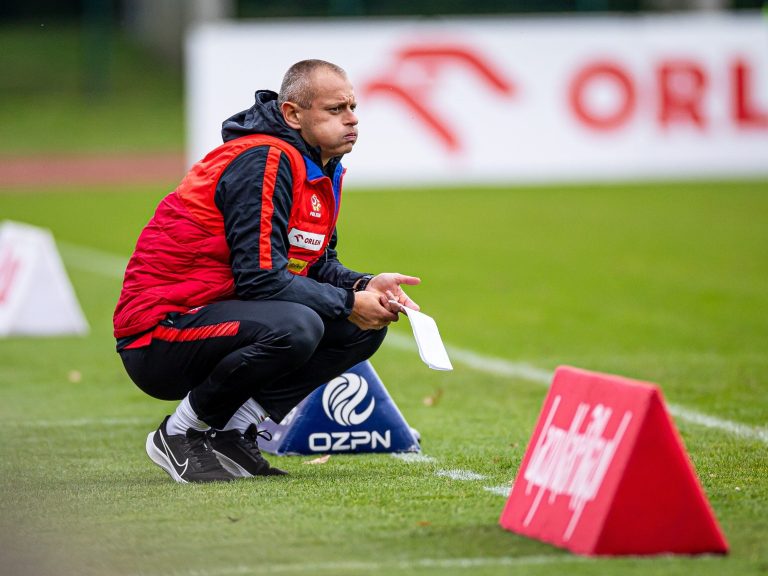Aspirations for billions. Sipiński: talks about CPK resemble a Spanish interrogative sentence

I can't believe that with such a huge, important and expensive project, which is not new and for which it is really difficult to find arguments against, we are still at the stage where we have to guess many things and deduce them from half-spoken declarations – says Dominik Sipiński, transport and infrastructure analyst at the Polityka Insight and ch-aviation analytical center. We do not know whether the Central Communication Port will be built or whether it will be accompanied by railway expansion when it is built.
In November last year, I conducted an interview with you, in the title of which I asked a question about who ridiculed the Central Communication Port. I have the impression that the ridicule continues, but on a different level. The previous government team was accused of gigantism and setting unrealistic deadlines for the completion of work, but now we have only question marks and politicians who announced a few months ago that there would be no continuation of the CPK in its current form, and now they are eagerly declaring support for the project. But without specifics or schedules…
Talks about the Central Communication Port remind me of a Spanish interrogative sentence: the question mark is placed at the beginning and covers the entire statement. Everything is a question here too. The inability to sort this topic out in your head starts with the Prime Minister.
What is going on in the head of the Prime Minister, who repeated several times during the election campaign that he would not make any decision without an audit prepared by a well-known external company, and now declares that he is ready to continue the multi-billion investment, although without any specifics yet?
It seems to me that the information that reached the minds of the Prime Minister and the most important politicians is that the construction of an airport near Warsaw in the next dozen or so years, but sooner than that, is necessary for economic and social development. For this, the current government needs “its own” project, criticism of the alleged “gigantomania” of public investments of its predecessors is fuel that is quickly running out. It's hard for me to believe that after years of analysis and research on the topic, the discussion is dominated by fragmentary statements. I can't believe that with such a huge, important and expensive project, which is not new and for which it is really difficult to find arguments against, we are still at the stage where we have to guess many things and deduce them from half-spoken declarations.
For me, words such as those spoken by the Speaker of the Sejm, Szymon Hołownia, who admitted that he was convinced by CPK, are incompatible with common sense, not because he sees economic sense in it, but because he understood that For Poles, the airport hub is important for aspirational reasons. Do we really live in a country where multi-billion decisions are made based on aspirations?
For me, the reason why Hołownia saw the sense of CPK is of secondary importance, the main reason is that he made the decision. I wouldn't dismiss these aspirational reasons either, because they are important. This is a large project, so by definition it involves economic risk. We do not know whether another pandemic will break out or whether another war will break out in the region. Not everything can be calculated in Excel, and given such rapidly changing technology, political and international conditions, it is impossible.
I have the impression that voters – unlike politicians – really want this project. The discussion in recent months has shown that this in some way protects him against political changes. Aspirational arguments are important because they allow the long-term project to be dragged through subsequent elections and changes of power, because they create a certain continuity of the narrative.
Apart from the aspirations, there are very specific arguments in favor of CPK related to the Polish economy, social development and LOT as a company that wants to grow. There is also a railway component, which constitutes the “second leg” of the project. This combination of aspirational and substantive arguments is necessary because such an expensive project, even the most reasonable one, is difficult to sell to voters based only on numbers.
Just a few months ago, it seemed a certainty – politicians of the new coalition clearly said that the mega airport near Baranów may not be built, but railways will certainly be built, because they are needed by everyone, not only those traveling abroad. Suddenly they were in doubt.
The CPK company was preparing the construction of 10 so-called spokes leading from various regions of Poland to Warsaw and the new airport. Recently, there have been clear announcements that this system needs to be rethought, and I agree with that, because I think that the spokes were excessively centralized. Not everything has to go through the airport. I think this is a valid criticism.
Many passengers take trains not to change trains in the middle of nowhere. In my opinion, the line from Karków may have a connection with the airport in Baranów, which does not mean that all trains from Krakow to Warsaw have to stop at the airport.
But that's where the announcements end. It is not known who will think over the railway concept and whether it will be the subject of an audit. Tenders are underway to select companies that will carry out the long-announced external audits, but it is no secret that no one wants to undertake them. The deadlines for carrying out the activities are short, and the ordering party offers relatively little money for such an important order. Moreover, it is all so politicized that large expert companies do not want to be associated with these tenders.
Moreover, many of those who would potentially like to do so cannot carry out an audit because they have cooperated with CPK in the past and this is treated as a conflict of interest.
Internal audits are also an absurd situation. Apparently, they were carried out, but only a small group of people employed at CPK were familiar with their results. They were not discussed, so we do not know what conclusions the auditors reached. One was carried out by a company that had previously cooperated with CPK, and the rest were carried out by the company itself. I don't question the competence of the people employed there, because they are experts, but it is difficult to control yourself.
Maybe at this stage it would be fair if those in power said they were giving up on external audits, which have not started for months.
At the beginning, there was a common opinion that the audits were to prove that the CPK should not be established because it was groundless. The purpose of the research was not fair or objective, but it is still unclear what should be audited and why. It is not known whether the CPK company is to be investigated for possible mismanagement. And are these spokes supposed to be part of the audit? We are moving in the realm of guesswork.
This is a large project and it is natural that certain assumptions are revised and plans are changed, but there is no general framework for project management. Actions are carried out blindly. The government's plenipotentiary for the CPK, Maciej Lasek, makes quite fundamental announcements that change the image of the project not at a government conference, but at an expert panel at the European Economic Congress. Without detracting from this congress: this is not the right place!
Let's try to take something from these doubts that we can rely on. At this moment, there is political will to build an airport. Can we assume that it will ultimately be smaller than expected by the previous government?
Plans to scale the investment and implement it to a smaller extent than announced already existed under the previous government. Let us remember that the race to shout out generalities and ambitions was started by PiS, and one of the original sins of the project was that it communicated primarily a very optimistic schedule and scale of the airport. I think that the current government may decide to build the airport on a smaller scale, but it will not be a completely new variant, but simply one of the more cautious plans of its predecessors. Investors want the same thing, because capital is expensive now, so it will be more advantageous for them to spread the investment over time and count on cheaper debt in the future.
And the railways?
I suspect that the High-Speed Railway will be built in the most needed part, i.e. Warsaw – Łódź. What about the spokes: I don't know, because it's not communicated. I do not expect that the government will present a new concept within two months, but it should inform about the steps it wants to take. Thousands of companies will be involved in the investment, from large contractors to small material suppliers. They must receive a signal in advance and prepare to participate in the construction process.
Especially since projects financed from the KPO will be launched soon and it may turn out that there will be no free processing capacity to build the CPK.
There is such a danger. This is why the government must make it clear that it is changing the schedule and give suppliers and contractors time to prepare.
And do you know what is the main argument of people who are convinced that all this CPK is just words and nothing will come of it? They say: “the airport will not be built because the Germans will not let us.” I suspect that you have come across this approach.
Germany has limited influence on Poland and is unable to dictate to our politicians what investments they can implement.
Quite seriously: Germany has no interest in CPK not being built, and anyway, this airport may be important from Lufhansa's point of view. Nowhere in Central Europe is such a large airport being built or in the foreseeable future that would change the scale of aviation activities on the European continent. The remaining investments are, at best, extensions of the belt.
Sure, Lufthansa might prefer to have two hubs in Europe: in Frankfurt and Munich, but it is a professionally managed corporation whose managers realize that this is impossible. They are also aware that the airports in Munich and Frankfurt may not be close to being exhausted, but they have limited development opportunities, night flights are banned, and the possibility of further expansion is limited, especially in the case of Frankfurt.
Lufthansa is losing passengers to other carriers, mainly Asian ones, which are increasing their offer of flights to Europe. From the Germans' point of view, the more air traffic remains in Europe, the better, because Germans have a strong belief that the stronger the European economy, the more they will benefit from it. From the point of view of the German and European economies, new hubs are needed.
Dominik Sipiński – journalist and aviation market analyst at the Swiss portal ch-aviation, cooperates as a transport analyst with Polityka Insight. He has several years of experience in analyzing the global civil aviation market, and has dealt with in-depth market analysis, among others. in Thailand, Mexico, Colombia and Argentina. PhD student in international relations at the Central European University in Vienna, graduate of the universities of Maastricht, Swansea and Aarhus.

